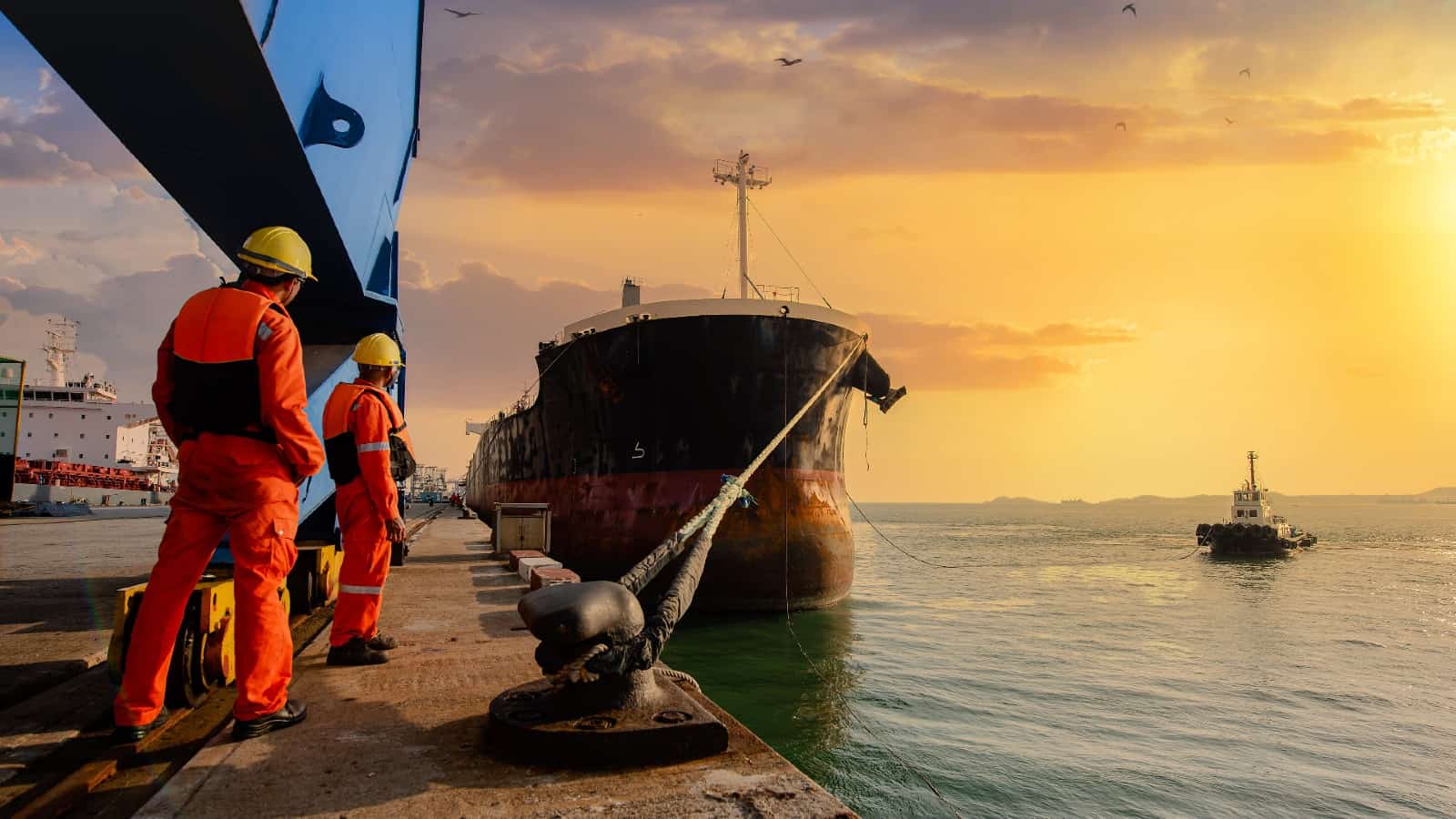Stay informed with free updates
Simply sign up to the War in Ukraine myFT Digest — delivered directly to your inbox.
Ukraine’s forces are pushing forward in multiple directions in Russia’s southern Kursk region, even as its troops are struggling to hold the line elsewhere along the frontline.
The Russian defence ministry on Sunday said its army had repelled two Ukrainian attacks, while pro-war bloggers confirmed that Kyiv’s forces were on the move in Kursk. The renewed push comes after Ukraine is estimated to have lost about half of the 1,200 sq km it captured in August in the Russian region.
“Kursk region, good news, Russia is getting what it deserves,” Andriy Yermak, the head of Ukraine’s presidential administration, wrote on Telegram.
Andriy Kovalenko, head of Ukraine’s counter-disinformation centre, a government communications agency, wrote on Telegram that the Russian side was coming under attack from “several directions” and “experiencing great anxiety” from the “surprise” attack.
Ukrainian authorities did not immediately state the aim of the new offensive inside Russia. But the operation will inevitably use up precious weapons and manpower, already in desperately low supply on its eastern front where Moscow’s troops have been rapidly advancing.
Russia captured just under 4,200 sq km in 2024, the Institute for the Study of War, a Washington-based think-tank, reported this week, adding that over half of the gains had been made from September to November.
The vast majority of these gains were in the eastern Ukrainian Donetsk region, where settlements coming under Russian occupation have become a daily occurrence.
Though western military analysts said Ukraine’s Kursk incursion gave the country a much-needed morale boost, its attempt to hold that territory — instead of capturing Russian soldiers and retreating — has aggravated manpower shortages.
Ukraine’s chief general Oleksandr Syrskyi said in August that the hope was Russia would move troops from the east to defend its own territory. But it soon became apparent that Russia was determined to keep up its offensive in Donetsk region and would not be relocating its key combat units to Kursk.
North Korea, a key Kremlin ally, has since sent thousands of its own troops to Kursk region to boost Russian troops in the area. Ukraine’s President Volodymyr Zelenskyy said on Saturday that hundreds of North Korean troops were killed in Kursk between Friday and Saturday. The Financial Times was unable to verify his claims.
The advance on the eastern front came at a great human cost for Russia, however. Luke Pollard, UK’s deputy secretary of state for defence, told parliament last month that the number of Russian casualties had surpassed 750,000 since the war began.
Russia has continued its daily bombardment of Ukrainian cities, towns and energy infrastructure behind the front lines, mostly using its now steady supply of Iranian-designed attack drones. The country has managed to avoid long blackouts, however, thanks to rapid repair efforts, electricity imports from Europe and a so far mild winter.
Zelenskyy said that in the first three days of the new year, Russia had deployed more than 300 drones and 20 missiles.
On New Year’s Day, four Russian drones were able to bypass Kyiv’s air defences, striking the centre of the city, including a building just 100m away from Ukraine’s presidential administration. Those attack drones had used a more advanced satellite navigation antenna, according to electronic warfare experts.
Credit: Source link














